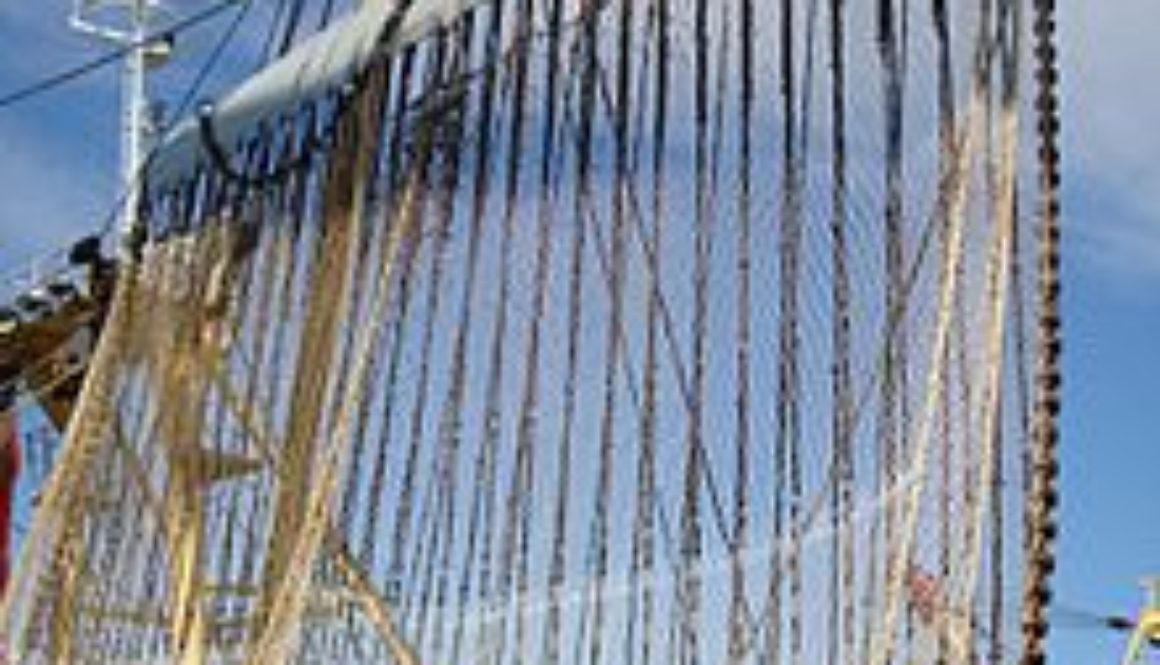
Uncategorized @hr

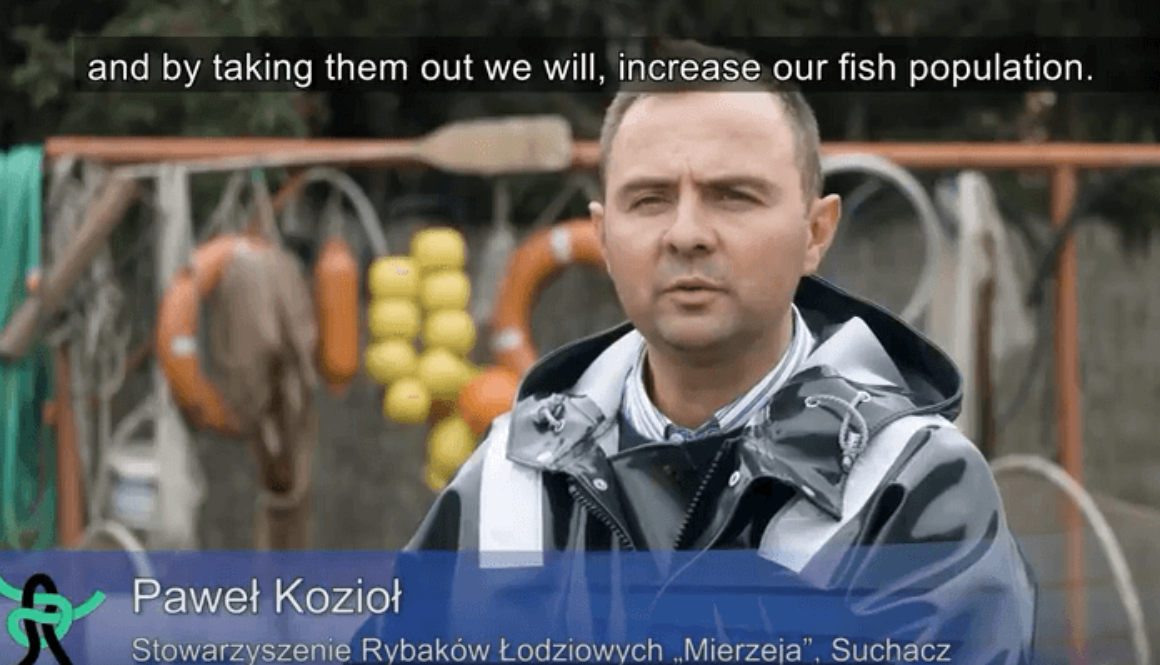
Polish fishers lead the way on ghost nets
147 tons of marine litter fished from the Baltic:
Polish small-scale fishers show leadership in dealing with ghost nets
Warsaw, 16th of January 2018
Marcin Ruciński
Fishing gears lost at sea and their impact on the marine environment are subject to numerous research and actions globally. One of the most successful projects in this respect , “Clean Baltic”, is being finalized along Poland’s coastal waters including the Lagoons, with the involvement of over 500 small-scale fishers.
3 LIFE Polish Member Organizations got involved in this large-scale project. The latter was developed thanks to the European Maritime and Fisheries Fund monies made available to Poland as part of the “Fisheries and the Sea 2014-2020” Operational Programme. We are glad to see that EU subsidies have been used for a universally positive purpose – improve the state of the marine environment where Polish small-scale fishers operate, while also benefitting other sea users.
The fishers retrieved a total of just under 147 tons of waste. Most retrieved fishing gears were gillnets, but trawls, trap nets, lines and pots were also fished out. The retrieved nets contained fish and other marine organisms, such as birds and mussels and even one dead grey seal. The project was not confined to fishing gears only and fishers took out many other objects, such as buoys, Styrofoam, boxes, lines, tires, remains of steel elements, as well as smaller waste such as gloves and plastic bags.
LIFE is proud to be part of the project, and we take the opportunity to thank all those involved – the fishers and their organizations, the MARE foundation (http://fundacjamare.pl) and administration bodies. But most importantly, we are pleased to witness the strong involvement of the fishers in the project activities, and their feeling of co-responsibility for the state of marine environment, including fish stocks, on which their livelihoods depend.
See the fishermen in action below !
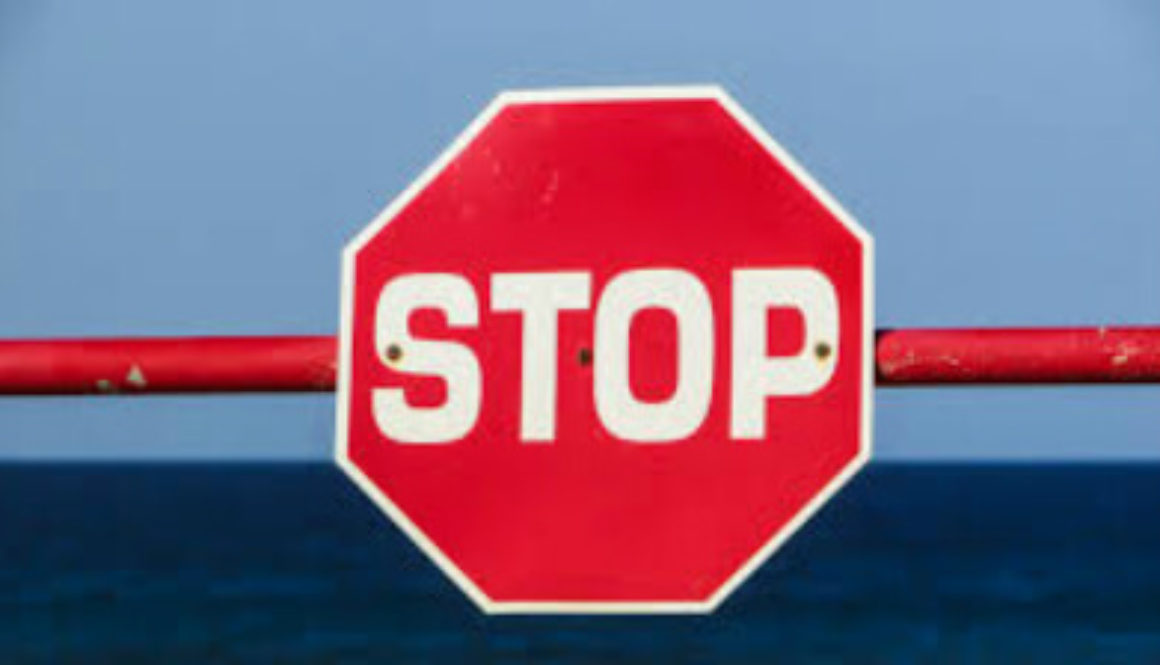
Pulse fishing: a European scandal
Pulse fishing: a European scandal
LIFE members & Management team up with a number of organisations across Europe to stop the attempt
to pave the way to a legal and widespread use of this harmful gear.
Brussels, 8 January 2018
Pulse fishing is widely recognized as destructive and has already been banned in most fishing nations worldwide, but in past years in the European Union a part of the fishing industry disguised its use for commercial interests under the label of research and innovation.
On the 16th of January the European Parliament will vote on whether to allow pulse fishing to expand.
This will certainly lead to long-term and large-scale disastrous consequences for marine ecosystems and small-scale fishing communities.
It is time to stop the process now: join LIFE members and call on the Members of the European Parliament to withdraw electric fishing from the January 16 vote.
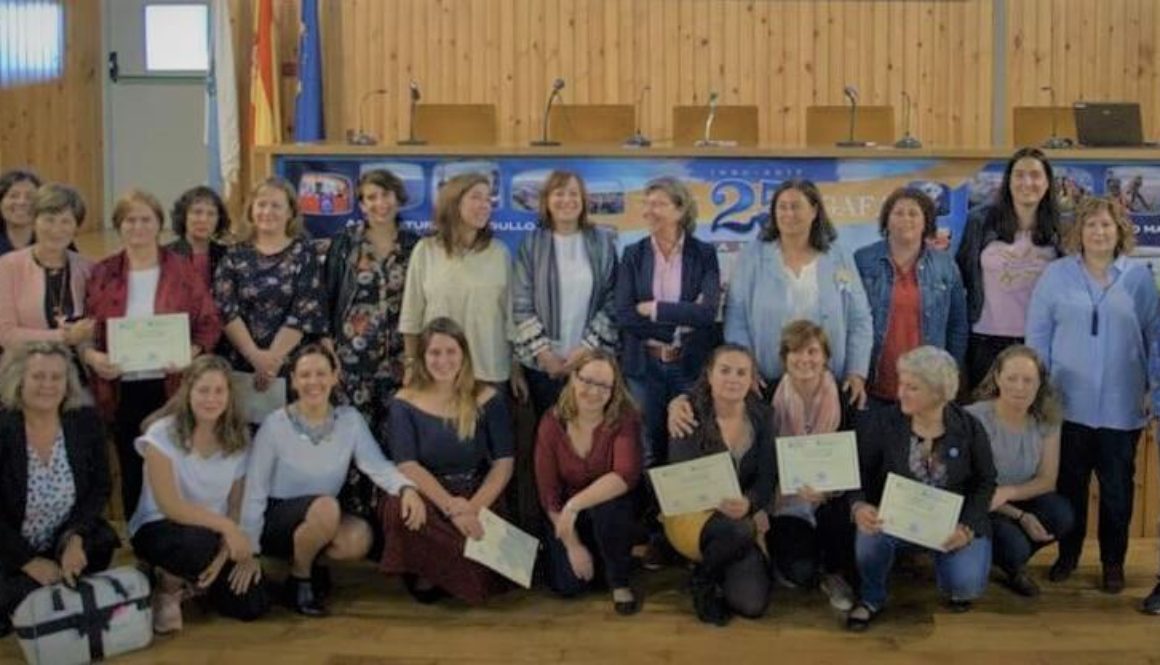
News from the Deck – November 2017
NEWS FROM THE DECK
The monthly newsletter of the Low Impact Fishers of Europe
The newsletter of November 2017 includes:
- ICCAT 2017: historically high bluefin tuna quota – but what about small-scale fishers?
- Fundacja MARE and LIFE at the forefront for a cleaner Baltic Sea
- Other news from around the EU
- News from our members
- Welcome on board
- Press review
Follow this link to download News From The Deck – November 2017
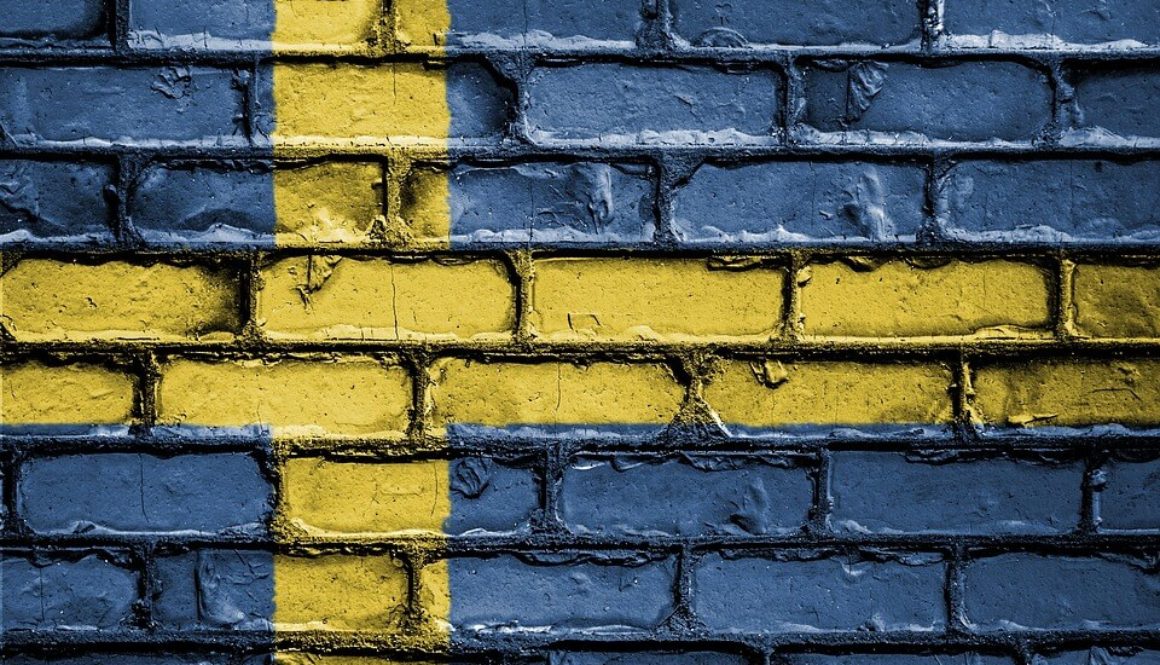
Sweden: extra quota to trawlers
Sweden: extra quota allocation to trawlers could put the survival
of the Western Baltic Cod stock and SSFs are risk
Warsaw, 11th December 2017
Marcin Ruciński
LIFE noted that the Swedish Agency for Marine and Water Management (HaV) has now allocated extra 150 tons of Western cod quota to trawlers (on top of 120 tons allocated in October). This happened when the utilization rate in the passive gear (i.e. mostly small-scale) segment is now at 96%, and the utilization rate in the trawl segment is a meagre 16% (official data).
It is clear from the ICES advice and discussions within the Baltic Sea Advisory Council and elsewhere, that selectivity of currently used trawls is very far from OK, leading to i.a. increased illegal cod discards. We thus fear that allowing extra trawls’ fishing effort will result in twice as many dead fish in the water, including lots of juveniles. We very much hope that the HaV, through intensive at-sea inspections, will make sure this will not happen. If they do not, the very much hoped-for recovery of Western Baltic cod stock might be put at risk.
This quota should thus have been left where it was originally allocated – with the small-scale, low impact cod fishery segment in Sweden, using passive gears in the most sustainable way. Our fleet segment has been heavily weakened by low quota allocations in the past, difficult markets and the high impact of increasing grey seal population. Still, it shows resilience and strength by using the allocation at their disposal. HaV, alongside other interested authorities and organizations in Sweden, must strengthen the passive gear segments to help their small-scale, low impact fishers survive and develop, thus supporting the coastal communities they work in. At LIFE, we simply fail to understand why the opposite is happening.
Having heard from a high-level HaV representative at the Simrishamn conference last month that the spectre of introducing ITQs in cod fishery segment is not an immediate prospect, we trust that this decision is not yet another example of “track record pumping” in the run-up to the crucially important initial ITQs allocation exercise, putting one fleet segment against the other. In any case, this unfortunate decision must not have any impact whatsoever on any future quota sharing between the segments of passive gears and trawlers.
♦ ♦ ♦
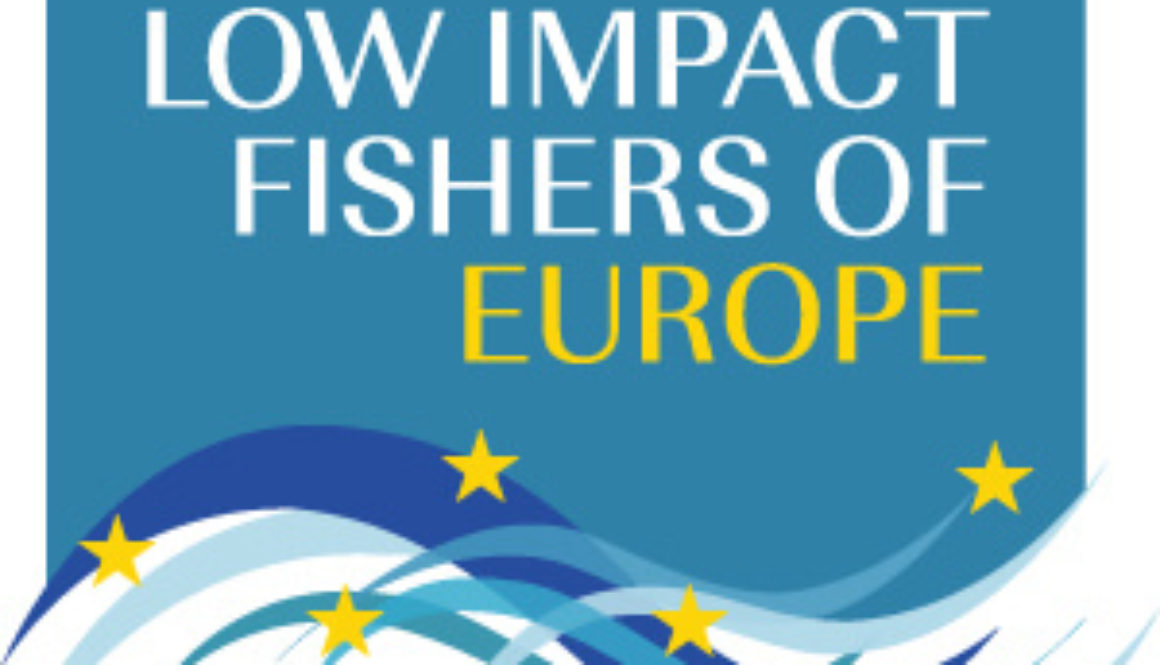
Fishy Business: Fish POs in the EU
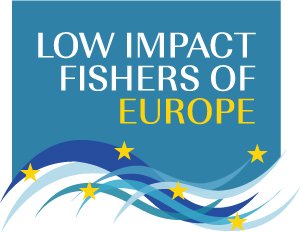
Press Release – for immediate release
Fishy Business: Fish POs in the EU
How the failure to properly recognise and regulate the EU’s fish producer organisations [POs] is failing the Common Fisheries Policy and smaller-scale fishermen and what should be done to resolve it.
There is increasing interest amongst the small scale coastal fishers (SSCF) of Europe [80% by number of the overall EU fleet] in the possible benefits to them of creating small scale fisher specific producer organisations.
This would be good news for all parties interested in achieving the CFP’s objectives as the regulations acknowledge that POs are “the key” to achieving those objectives” and Europe’s small scale coastal fishers represent a large majority of all Europe’s fishers.
LIFE commissioned this report to determine whether the regulations and structure that Europe’s SSCF would be signing up to are fit for purpose, open, fair and equitable.
The report makes clear the need for the Commission and the Member States to take action to ensure that the conditions for recognition of producer organisations and inter-branch organisations laid down in Articles 14 and 16 of the Common Organisation of the Markets Regulation respectively are complied with.
Their continued failure to do so is a direct threat to the key objectives of the Common Fisheries Policy and the Common Organisation of the Markets.
We urge the Commission to carry out an urgent review of its Member States’ POs’ compliance and to consider our recommendations, which are intended to constructively propose ways to address the current regulatory system’s failure.
Note for Editors: The Low Impact Fishers of Europe platform [LIFE] is an organisation of organisations of small scale commercial fishermen across Europe, run by fishermen, for fishermen. Its mission is to achieve conditions in which fishing is performed in a sustainable manner and small scale low impact fishermen and women in Europe can maximise their social and economic viability.
ACCESS THE OFFICIAL REPORT IN ENGLISH HERE
♦ ♦ ♦
For further information contact Claudia Orlandini, Communications Officer in LIFE’s Brussels office on 0032 2741 2433 or for UK based inquiries; 0044 1437 751242
Fundacja MARE & LIFE for a cleaner Baltic Sea
Update on the “Clean Baltic” project promoted by Fundacja MARE
140 tons of ghost nets retrieved by 533 Polish small-scale fishers…and counting!
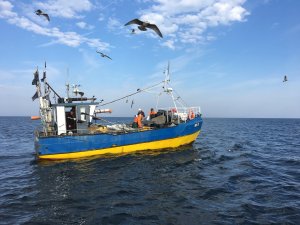 Warsaw, 23 November 2017 – Abandoned, lost and discarded fishing gear (ALDFG), also known as ghost nets, are a well-known global problem in ocean governance. Fishing nets of all kinds, when left in the water, continue catching fish as well as marine birds, mammals and other organisms. If lost on wrecks, they can also be a danger to amateur and professional divers. They contribute to pollution of the oceans with plastics – some 10% of plastics in the ocean come from ALDFG, which as sometimes referred to as “tumbleweed of the oceans” as it bundles up on the seabed and under certain conditions may accumulate in tangled piles, suffocating corals and other benthic marine life.
Warsaw, 23 November 2017 – Abandoned, lost and discarded fishing gear (ALDFG), also known as ghost nets, are a well-known global problem in ocean governance. Fishing nets of all kinds, when left in the water, continue catching fish as well as marine birds, mammals and other organisms. If lost on wrecks, they can also be a danger to amateur and professional divers. They contribute to pollution of the oceans with plastics – some 10% of plastics in the ocean come from ALDFG, which as sometimes referred to as “tumbleweed of the oceans” as it bundles up on the seabed and under certain conditions may accumulate in tangled piles, suffocating corals and other benthic marine life.
This is why five organizations of Polish fishers, including three LIFE Members – Darłowska Group of Fish Producers and Fishing Boat Owners, Wolin Fishermen Association and Mierzeja Boat Fishermen Association – have embarked on a large-scale project promoted by Fundacja Mare to deal with this acute problem. The retrieval actions are pursued by 533 small boats in the 12-mile zone, coordinated by the fishers’ organizations themselves and are not confined to ALDFG alone – they also include any marine litter that the fishers find during the action. They use retrieval methods having a minimal impact on the environment, particularly the seabed. Until now, a total of 140 tons of ghost nets and other marine litter has been retrieved.
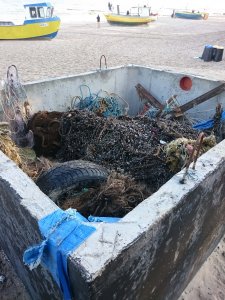 “Over the last years, the level of societal consciousness on the marine litter problem, including ghost nets, has significantly increased. There are many activities undertaken all over Europe to reduce the negative impact of ghost nets on the environment. We are particularly happy to see the engagement of fishermen in caring for the environment on which they depend. Their own initiatives, such as the “Clean Baltic” project implemented by five fishers’ organizations across the Polish coast, are particularly valuable” – states Marcin Rucinski, LIFE’s Baltic and North Sea Coordinator
“Over the last years, the level of societal consciousness on the marine litter problem, including ghost nets, has significantly increased. There are many activities undertaken all over Europe to reduce the negative impact of ghost nets on the environment. We are particularly happy to see the engagement of fishermen in caring for the environment on which they depend. Their own initiatives, such as the “Clean Baltic” project implemented by five fishers’ organizations across the Polish coast, are particularly valuable” – states Marcin Rucinski, LIFE’s Baltic and North Sea Coordinator
Eager to learn more?
Access the “Clean Baltic” project Facebook page
Access the “Clean Baltic” project Instagram page
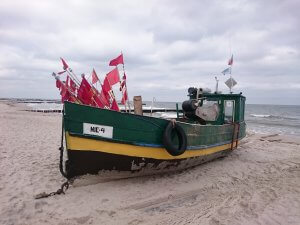
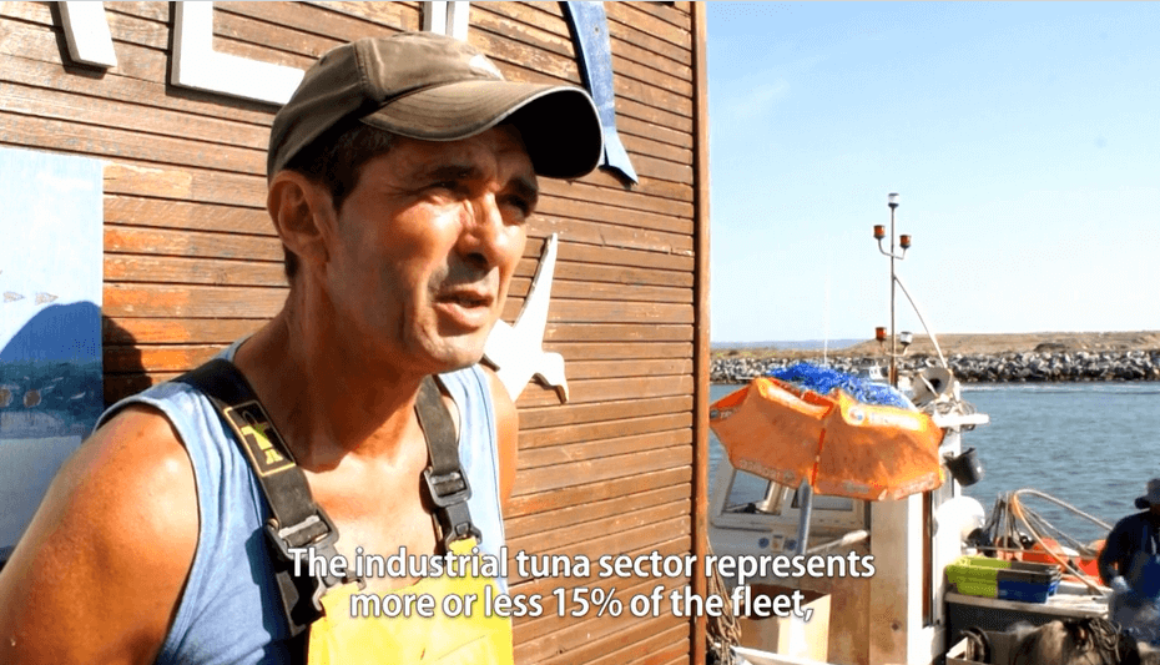
BFT, ICCAT & SSFs
Historically High Bluefin Tuna Quota Set by ICCAT
The Bluefin tuna industry received a windfall in Marrakech, with proposed TAC increases over the period 2018 to 2020, culminating in the highest TAC ever set. There is a hike on the 2018 TAC of 4,500 tonnes, up to 28,200 tonnes from 23,655 in 2017, with a projected increase to 36,000 tonnes for 2020. This is despite uncertainties over the extent of the recovery of the resource, uncertainty which meant ICCAT was unable to move from a recovery plan to a management plan.
Despite this windfall, the Spanish industry was disappointed by the outcome. It accused the EU of not knowing how to negotiate, given the acceptance by the EU of a small reduction in its TAC allocation key. Others accused ICCAT of placing short term profit ahead of longer term conservation, and the TAC hikes a disgrace.
With such relatively large increases in TACs over the next 3 years, it is well within the powers of Member States to step up and allocate a quota to the small-scale fishery sectors, which have been on the sharp end of conservation measures since 2006.
Interestingly ICCAT highlighted that the needs of artisanal fisheries in coastal developing contracting party countries (CPCs) could receive part of the unallocated reserves from ICCAT in 2019 and 2020. This could pave the way for a dedicated artisanal fishery Bluefin tuna quota at ICCAT level, given political will to do so.
In this sea of plenty, LIFE urges the EU and Member States to do the right thing, and allocate a fair share tuna quota to small scale hook and line fishers, as we have been urging for years.
Letter of LIFE to decision-makers in English
Lettre de LIFE aux décideurs en français
Carta de LIFE a los tomadores de decisiones en español
LIFE’s documentary “Blue Hope Tuna”
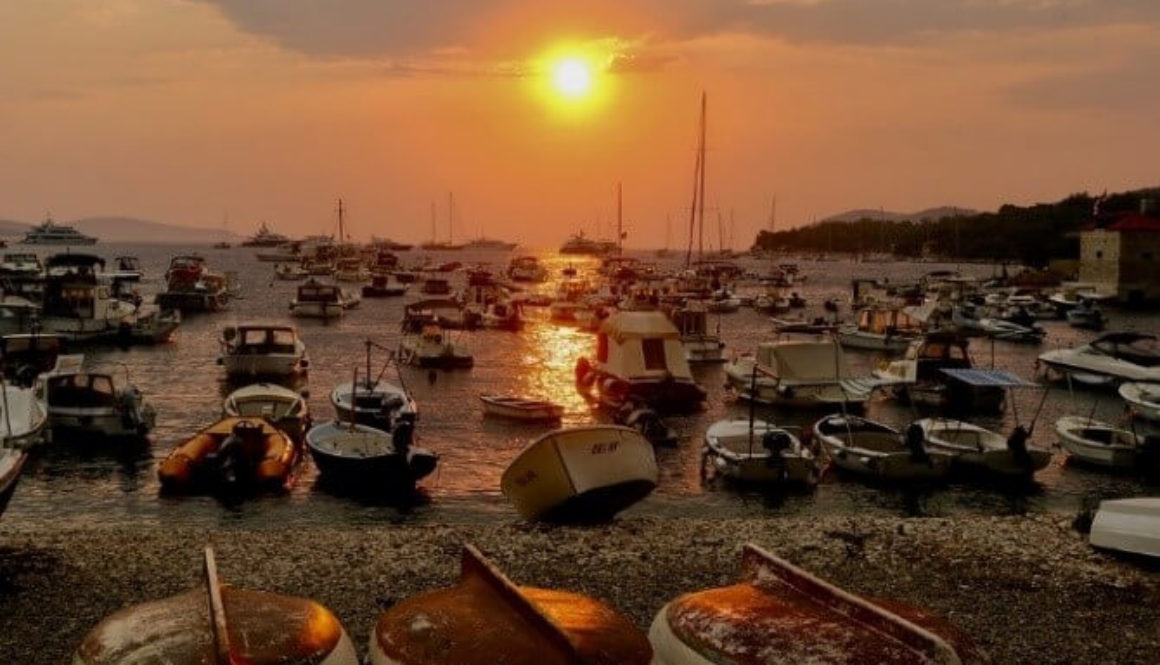
News from the Deck – October 2017
NEWS FROM THE DECK
The monthly newsletter of the Low Impact Fishers of Europe
The newsletter of October 2017 includes:
- Our Ocean Conference 2017: an unmissable showcase for low impact fishers
- LIFE organizes a workshop to encourage the attendance of small-scale fishers in the Advisory Councils
- Other news from around the EU
- News from our members
- Welcome on board
- Press review
Follow this link to download News From The Deck – October 2017
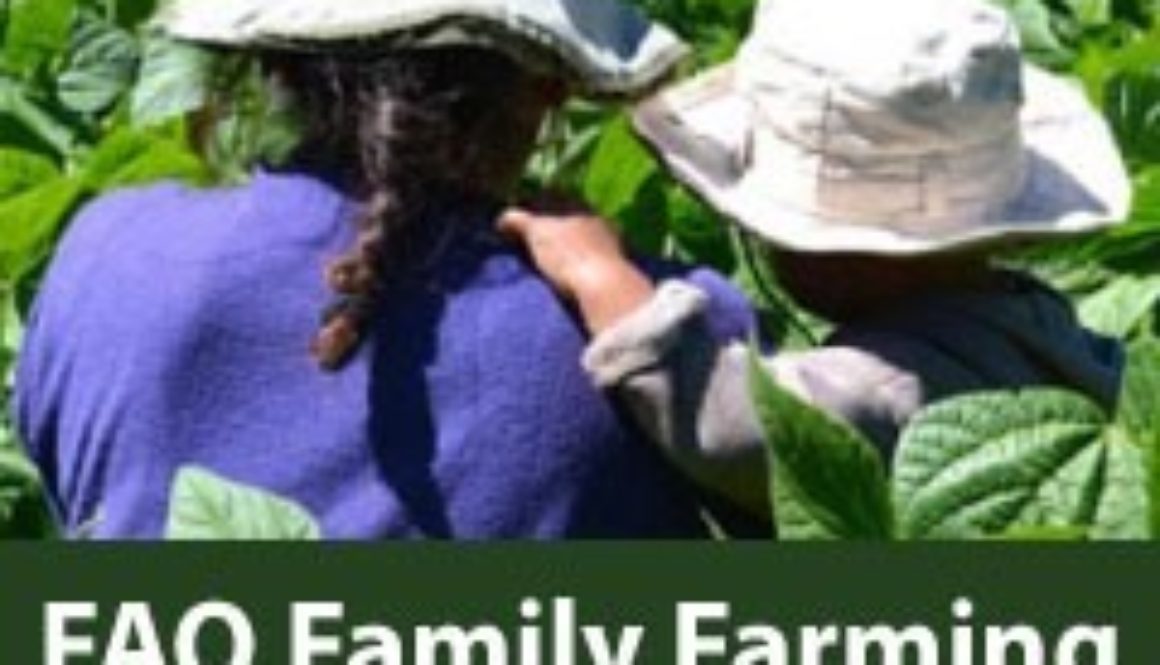
LIFE and FFKP
LIFE and the FAO’s Family Farming Knowledge Platform :
working together to raise awareness on small-scale fisheries
Rome and Brussels, 15 November 2017
Teodor Dosa (FFKP) and Claudia Orlandini (LIFE)
During the 2014 International Year of Family Farming (IYFF), FAO and various partners and stakeholders expressed the need to go beyond the celebrations and to put in place a set of concrete actions aimed at addressing issues and challenges raised throughout the year. In response to that, the decision was made to implement a web-based knowledge platform that could share information and knowledge on key topics and the state of policy making related to family farming across the world in a user-friendly facility on the web. The platform therefore represents one of the main and long lasting legacies of the IYFF 2014, as a worldwide reference to facilitate informed decision making on family farming policy processes.
The Family Farming Knowledge Platform gathers digitized quality information on family farming from all over the world; including national laws and regulations, public policies, best practices, relevant data and statistics, researches, articles and publications.
It integrates and systematizes existing information to better inform and provide knowledge-based assistance to policy-makers, family farmers’ organizations, development experts, as well as to stakeholders in the field and at the grassroots level.
By spotting a huge amount of diverse information and knowledge, the platform helps giving sense of the enormous contribution that family farms give to address some of the most press challenges we face today, such as food security and the needs of sustainable food systems that preserve natural resources in times of climate change and the challenges they face themselves. In addition, the users can find all kind of information on the work of FAO in HQ and at the field level to help family farms prosper.
The FFKP is directed to all those involved in family farming and rural development related issues: from farmers’ organizations to Governments to universities students, the audience is quite transversal.
In addition, the FFKP allows its worldwide contributors and focal points from national governments to collaborate. Currently the Platform includes more than 100 focal points appointed by their governments and another 100 contributors worldwide. A strong coalition of stakeholders sharing their knowledge is the foundation of this initiative. Contributors and focal points therefore play a vital role in this project, since they are not only FFKP users, but they also regularly feed the database with updated and relevant material. Two years after from its launch, the FFKP databases includes more than 15 000 documents and has already been visited by approximately 170 000 users since its launch, in June 2015. Among these important contributors is the Low Impact Fishers of Europe (LIFE), the association giving voice to the thousands of small-scale fishers that work along Europe’s coast. Thanks to LIFE and FFKP, data and content are now made available to governments, academia and stakeholders so that the latter can get to know better the immense environmental, social and economic value of local fishing communities and that the message of those who for too long have been labelled the “forgotten fleet” is now heard loud and clear worldwide.
Eager to learn more? Explore the FFKP website by clicking here !
